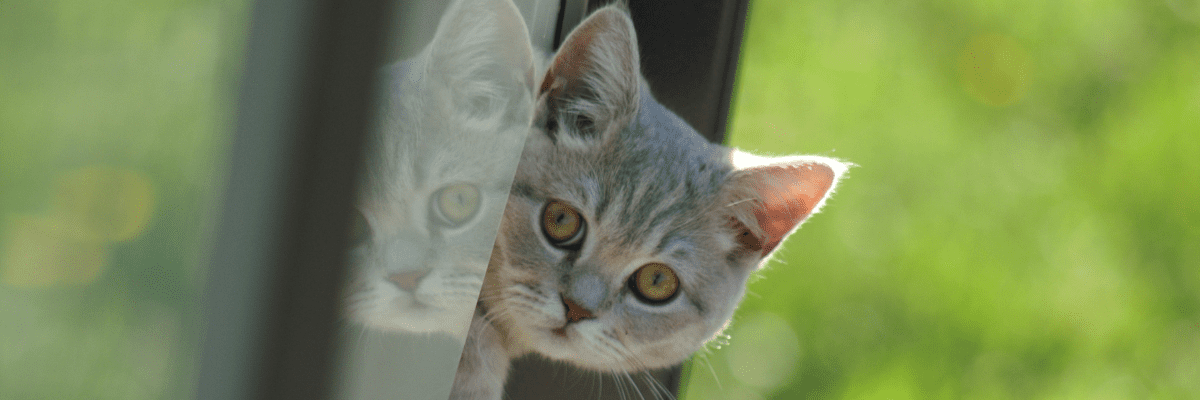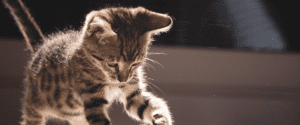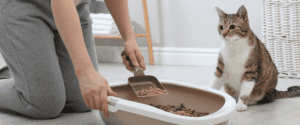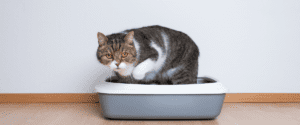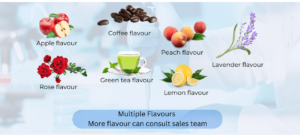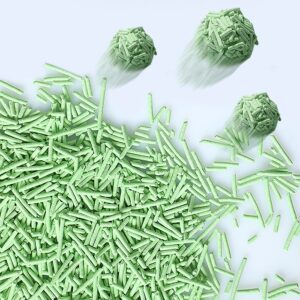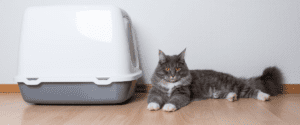Introduction
In recent years, plant-based cat litter has gained popularity among environmentally-conscious pet owners and suppliers alike. With sustainable materials and eco-friendly manufacturing, this product appeals to those prioritizing the health of their pets and the planet. For wholesalers, the expanding market for green alternatives presents a lucrative opportunity to supply innovative and sustainable options.
Overview of Plant-Based Cat Litter
Plant-based cat litter is crafted from natural, biodegradable materials, such as corn, grass, and pea husks, making it a sustainable alternative to traditional clay or silica options. These materials break down naturally, making disposal eco-friendly while offering exceptional odor control, moisture absorption, and safety for pets.
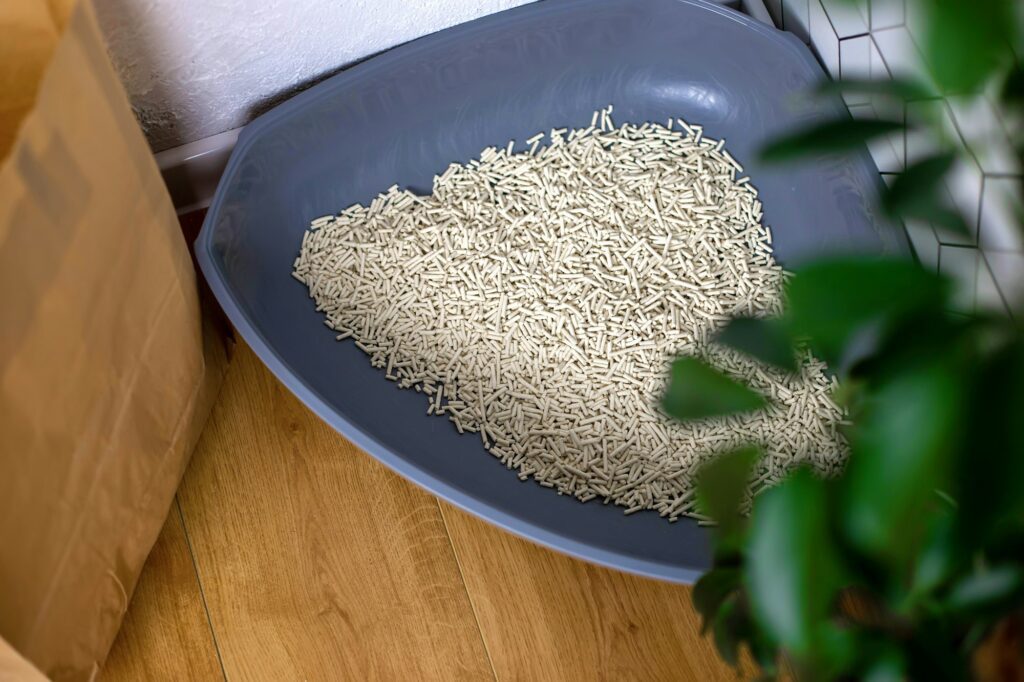
Importance of Sustainability in Pet Products
With an increasing focus on sustainability, pet owners and industry professionals alike seek products that minimize environmental impact. Plant-based cat litter aligns with this demand, as it uses renewable resources and reduces waste, resonating strongly with eco-minded consumers. For wholesalers, this shift means an opportunity to cater to a growing market segment dedicated to reducing carbon footprints and promoting green living.
Benefits of Plant-Based Cat Litter
Eco-Friendly Materials
Plant-based cat litter is often derived from renewable resources like corn, wheat, soy, and grass, reducing reliance on non-renewable sources. These materials not only decompose naturally but also offer unique properties like superior absorption and natural odor control.
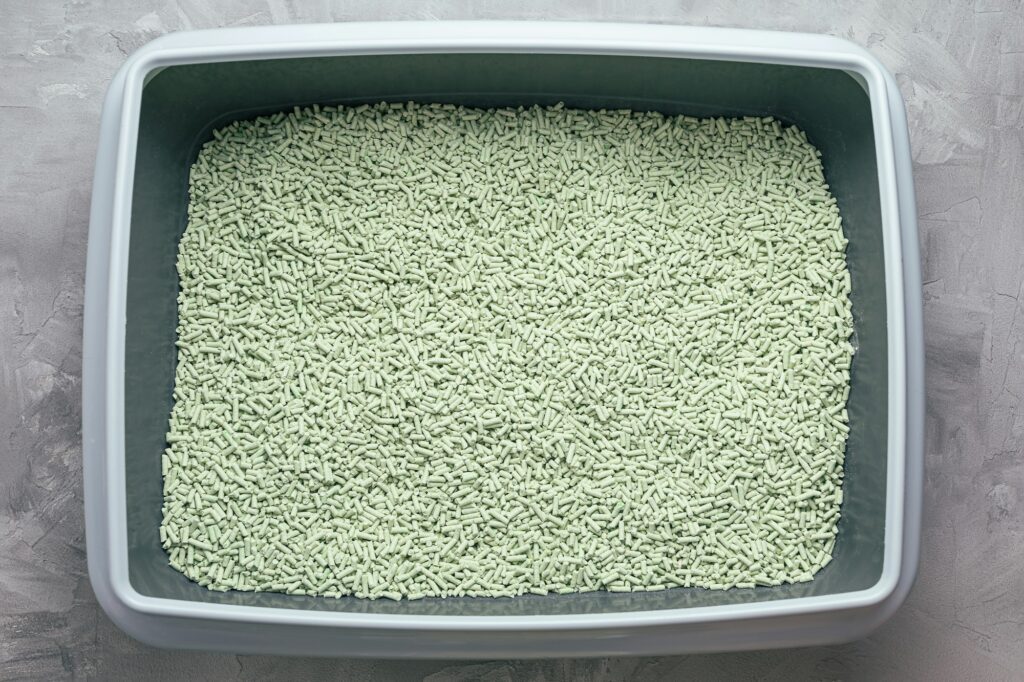
Healthier for Pets and Owners
Free from harmful chemicals and allergens, plant-based litter provides a safer environment for cats, reducing the risk of respiratory issues. This benefit is increasingly important to health-conscious pet owners and retailers focused on promoting well-being for pets and their humans alike.
Biodegradability and Composting
Unlike traditional clay litters, plant-based cat litter is biodegradable and can often be composted, minimizing landfill waste. This added convenience and environmental advantage appeal strongly to eco-conscious consumers and retailers.
Types of Plant-Based Cat Litter
Clumping vs. Non-Clumping
The choice between clumping and non-clumping litter often depends on consumer preferences. Clumping plant-based litters typically use natural binding agents, allowing for easier scooping, while non-clumping options offer simplicity and cost-effectiveness.
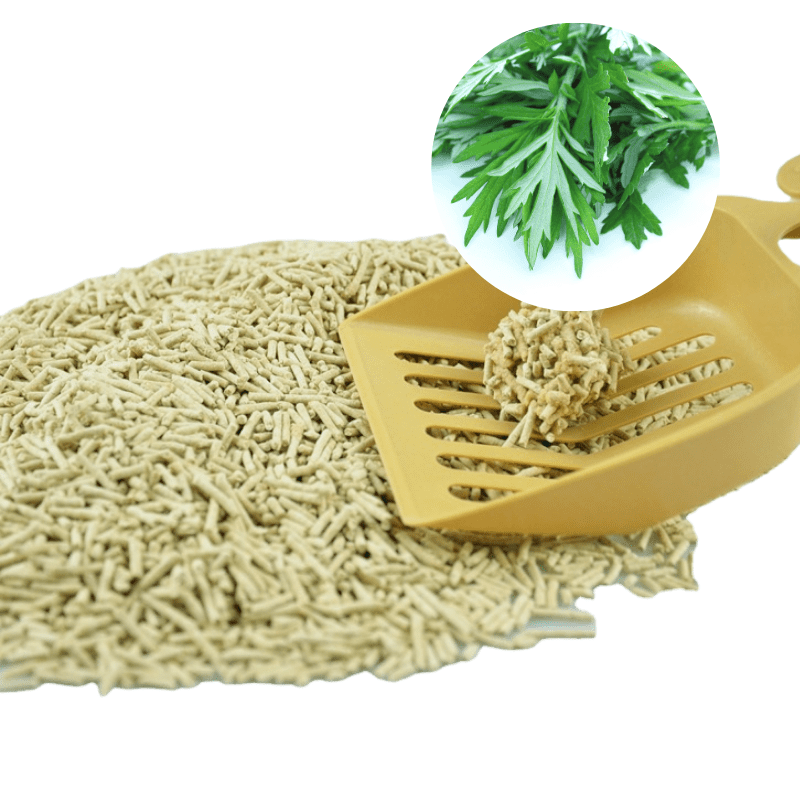
Flushable Options
Some plant-based cat litters are flushable, providing an extra level of convenience for pet owners. However, wholesalers should be aware of varying regulations and consumer preferences around flushing pet waste, as it may not be suitable for all systems.
Scented vs. Unscented
Offering both scented and unscented options allows wholesalers to meet diverse customer needs. Scented litters may appeal to pet owners looking to mask odors, while unscented options prioritize chemical-free usage, catering to health-conscious individuals.
Key Features to Look For
Absorbency and Odor Control
Effective moisture management is essential in cat litter, and plant-based options typically excel due to natural absorbency. Odor control remains a top priority for consumers, and materials like corn and grass effectively trap odors without synthetic additives.
Dust-Free Formulas
Dust reduction is vital for both pets and owners, especially for those with allergies. Dust-free plant-based formulas improve indoor air quality and create a cleaner environment, making them a preferred choice among health-focused retailers.

Weight and Packaging Options
Lightweight packaging can reduce shipping costs, an attractive feature for wholesale buyers. Bulk options are often available for plant-based litter, appealing to retailers aiming to stock high-demand eco-friendly products.
Wholesale Market Insights
Trends in Plant-Based Cat Litter for 2024
The plant-based cat litter market is evolving, with trends focusing on sustainability, packaging innovations, and enhanced performance. As consumers prioritize eco-friendly solutions, wholesalers can expect increased demand for products that align with these values.
Target Audience for Wholesale Products
The primary audience for wholesale plant-based cat litter includes pet stores, veterinarians, and online retailers who aim to offer sustainable options to their environmentally-conscious customers.
How to Choose a Wholesale Supplier
Evaluating Product Quality
When selecting a supplier, prioritize certifications and ensure ingredient transparency to provide retailers with confidence in the product’s quality. Look for suppliers who align with industry standards and deliver consistent, high-quality products.
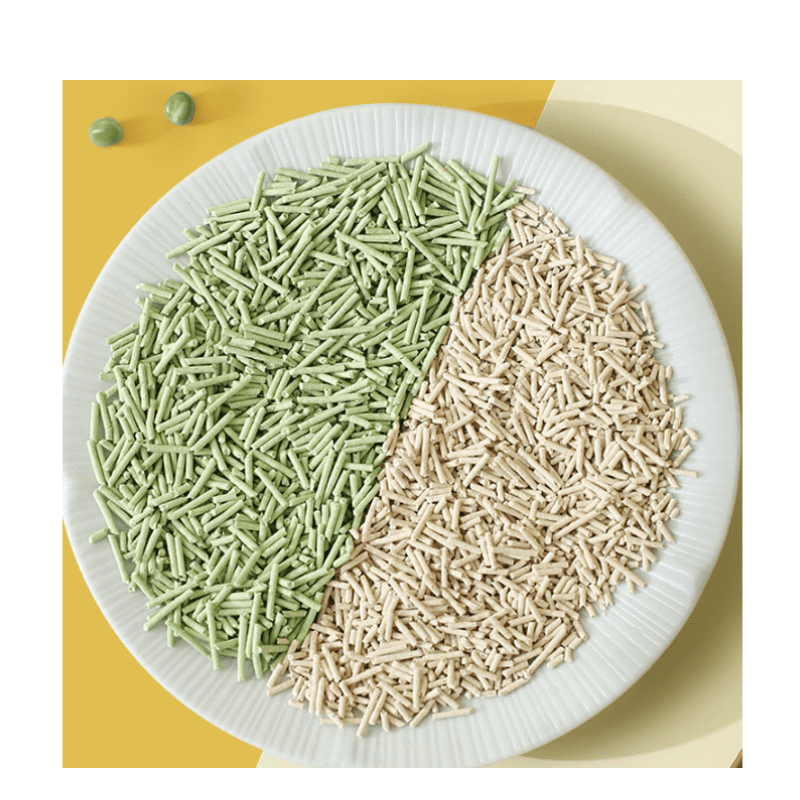
Pricing Strategies
Competitive pricing is crucial in the wholesale market. Bulk discounts and tiered pricing allow retailers to achieve optimal profit margins while offering value to their customers.
Shipping and Minimum Order Requirements
Consider suppliers with flexible shipping options and reasonable minimum order quantities, allowing wholesalers to manage inventory effectively and cater to diverse market needs.
Case Studies or Success Stories
Highlighting successful brands in the wholesale plant-based cat litter market can demonstrate the value and growing demand for these products. Testimonials from retailers underscore product quality and consumer satisfaction, building trust and credibility for new buyers.

Conclusion
Plant-based cat litter offers numerous benefits, from environmental sustainability to enhanced safety for pets and owners. With rising demand for eco-friendly pet products, wholesalers have a unique opportunity to supply plant-based cat litter, meeting both environmental and market needs.
Call to Action: Ready to explore plant-based cat litter for your retail inventory? Stock your shelves with sustainable options that align with today’s eco-conscious consumers.
FAQs
Is plant-based cat litter safe for my cat?
Yes, plant-based cat litter is safe for cats, often reducing allergens and eliminating harsh chemicals present in some traditional litters.
Can I compost plant-based cat litter?
Many plant-based cat litters are compostable, but always check with the manufacturer for guidelines on proper disposal.
What are the main ingredients in plant-based cat litter?
Common materials include corn, wheat, soy, grass, and other biodegradable plant fibers.
